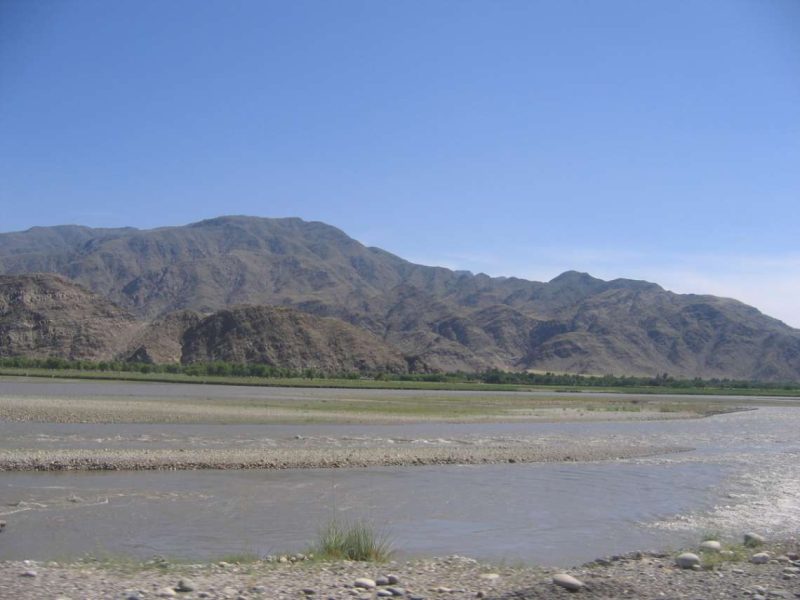Digitalisation initiatives could provide long-term benefits to the oil and gas industry globally, a report showed on Tuesday.
Certain technologies, such as artificial intelligence (AI), blockchain, cloud computing, the Internet of Things (IoT), robotics, and virtual and augmented reality (VR and AR), are now part of the oil and gas industry
The GlobalData’s report, titled ‘Digitalisation in Oil and Gas,’ highlights the role of major oil and gas companies, such as ADNOC, BP, Chevron, ExxonMobil, Shell, and TotalEnergies, in the development and adoption of digital tools to solve business problems.
“Field personnel are extensively using handheld devices to gather data, make notes, and communicate with their team. These changes are aimed at cutting down inefficiencies in workflows for improved productivity and lower costs,” said Ravindra Puranik, oil and gas analyst at GlobalData.
Operational risks are also reduced due to a lesser need for human intervention in hazardous environments, which is a very important benefit of digitalisation.
The adoption of digital technologies is also expected to deliver intangible value in the form of emission reductions.
A recent poll from GlobalData indicated that companies were deploying digitalization to lower their operational emissions. With worries over climate change increasing every year, managing emissions has become critical for the industry.
Drones are being used to monitor methane emissions in the industry, and AI can be used to determine effective strategies to mitigate methane emissions from daily oil and gas operations.
“These efforts are in line with the ESG objectives set by international agreements such as the Paris Accord,” said Puranik.
As digital technologies are not a core area of expertise for oil and gas companies, the challenge of having a workforce with essential skills remains a key concern.
Some of these challenges can be overcome through collaboration with technology experts and regular training on cybersecurity awareness (among other measures).
“Industry participants are already doing this with oil majors, such as ExxonMobil and Chevron signing long-term partnerships with Microsoft. These would help companies navigate through the technology pitfalls and make further progress in digitalizing their entire operations,” the report mentioned.














